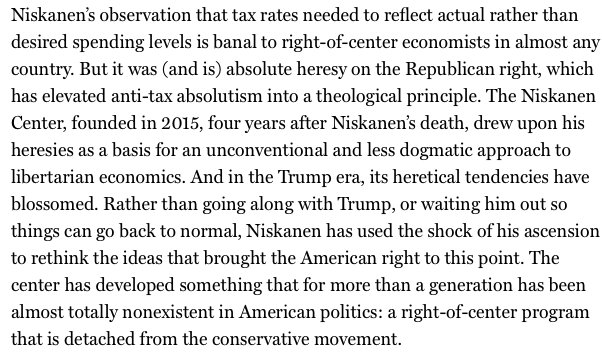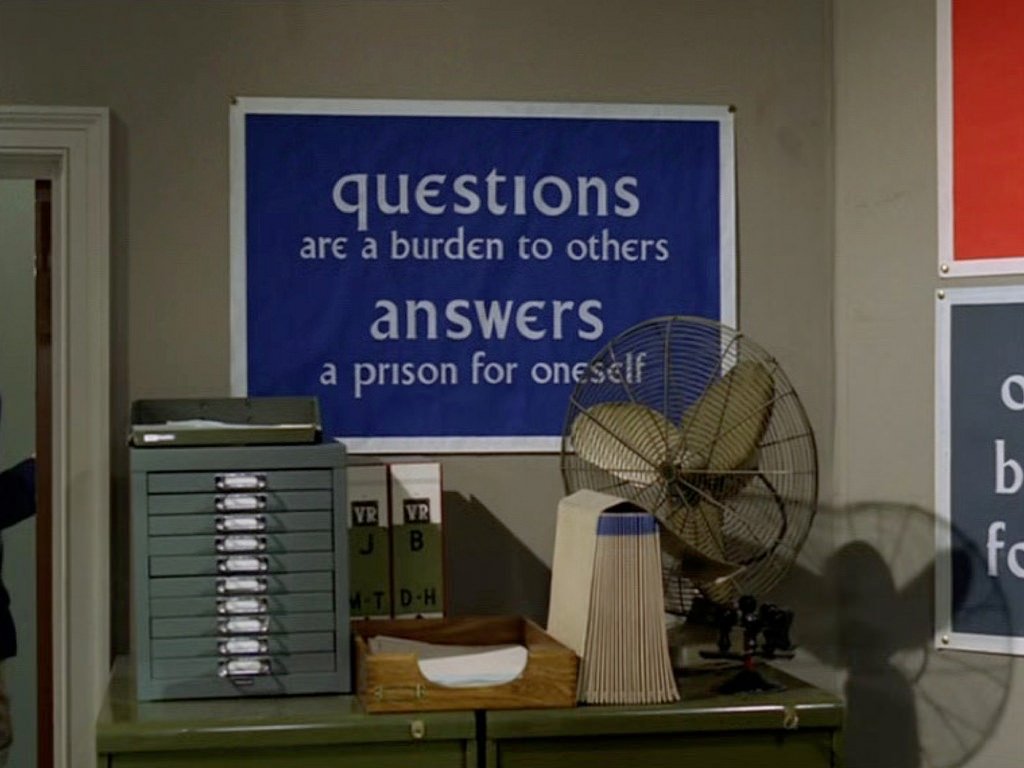@jonathanchait
nymag.com/intelligencer/…
@BenMathisLilley
slate.com/news-and-polit…
1/N
2/N
3/N
4/N
5/N
6/N
7/N
(I was an RA, not an author on that one.) (In my dreams...)
9/N


11/N (missed the count in the prior tweet -- oops)
(Can only study closed schools by nonlotto – by def'n there is no entity to go to for lotto records)
13/N
14/N
15/N
18/N
19/N
20/N
21/N
22/N
23/N
drive.google.com/file/d/16WFL5v…
24/N
aeaweb.org/articles?id=10…
25/N
26/N
27/N
29/N
30/N
If I had a chance to talk to her, I would ask her to listen to the voices of Indigenous people. Then we could talk charters.
31/31









